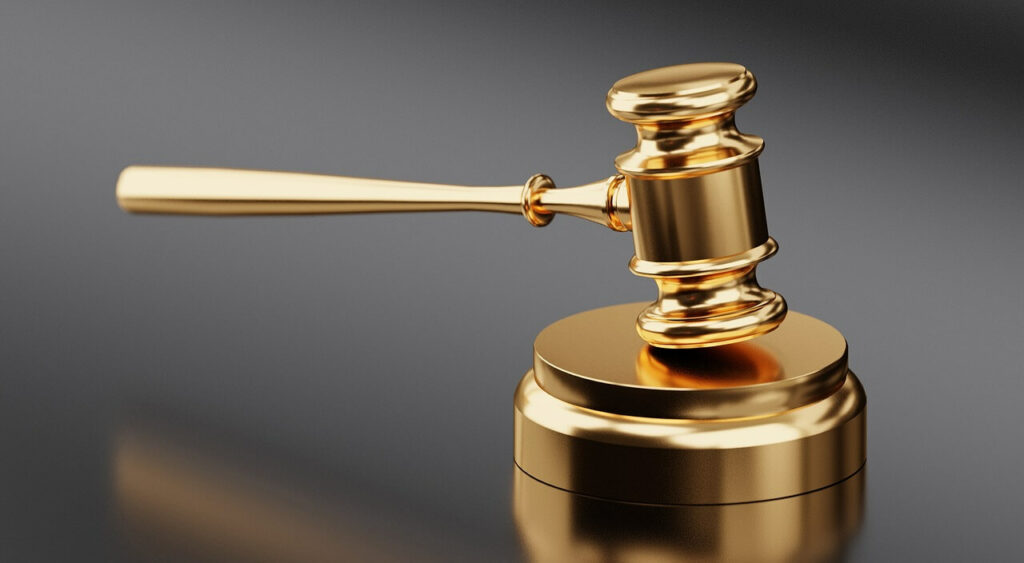Equality and discrimination

In this article, you can read about the differences between the Equality and Discrimination Ombudsman and the Discrimination Board, and what these bodies can help you with if you or your child experience discrimination.
The Equality and Discrimination Ombudsman (LDO)
The Equality and Discrimination Ombudsman is for those who are treated unfairly and discriminated against. The ombudsman cooperates with everyone who strives for equality and diversity and is against discrimination. It is free to get guidance and you can contact the representative if you need advice and/or guidance here.
The ombudsman and the Discrimination Board are two different bodies.
The discrimination board deals with complaints about discrimination/harassment, while the ombudsman provides guidance in the regulations. The ombudsman has practical advice if you are going to send a complaint to the Discrimination Board, you will find them here here.
The ombudsman's central task is to provide guidance in cases of discrimination. They can provide guidance on, among other things, the discrimination regulations, give input on how the matter can be resolved on your own or refer you to the appropriate authority if the ombudsman cannot help.
In order for discrimination or harassment to be contrary to the Equality and Discrimination Act, it must have occurred because of a discrimination basis.
List of the grounds for discrimination in the law
- Sex
- Pregnancy
- Leave in case of birth or adoption
- Care tasks
- Ethnicity
- Religion
- View of life
- Functional variations
- Sexual orientation
- Gender identity
- Gender expression
- Age
You can also read more about the various topics, such as e.g. school and education, universal design and public services here.
The Discrimination Board
The Discrimination Board deals with cases of discrimination, harassment, sexual harassment and retaliation. It is free to have a case heard by the tribunal, and the parties themselves choose whether they want to use a lawyer.
The entire complaint process can be carried out digitally.
The Discrimination Board is a neutral body and therefore does not give advice or concrete guidance to any of the parties.
The Discrimination Board decides complaints about discrimination, harassment and retaliation. A party, the representative or others with a legal appeal interest can bring a case before the council. Here you can file a complaint.
The tribunal must be a real alternative to court proceedings in these cases, and plays an important role in legal developments in the field of equality and anti-discrimination.
The tribunal can order suspension, correction and other measures that are necessary to stop discrimination, harassment or retaliation and to prevent repetition. Furthermore, the Discrimination Board can decide on compulsory fines to ensure implementation of an order, if the deadline for complying with the order has expired.
The business is located below Ministry of Culture and Equality.
- Published:
- The lion mothers
- Published:
- The lion mothers